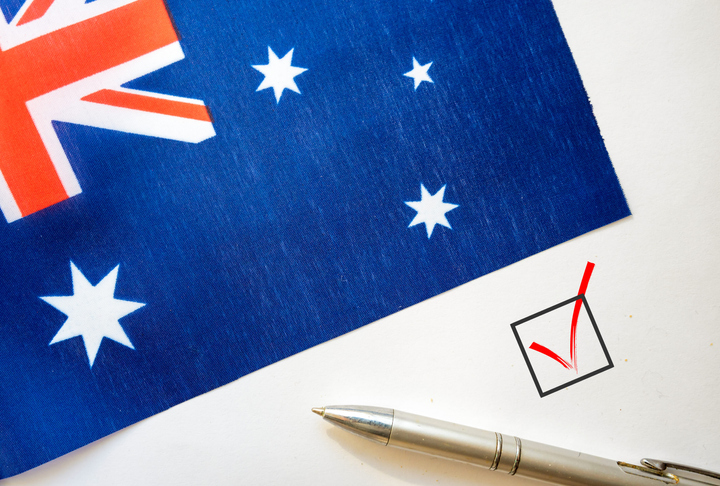Early voter? Think again
April 20, 2022
More than 6 million people voted early at the last federal elections, in 2019. If you were one of them and were planning to do so again this year, you may have to think again. The Federal Government (with the concurrence of the Opposition) has decided to greatly restrict access to this particular highly convenient mode of voting.
And even if you are one of the relatively few who are permitted to vote early, your ability to do so will be restricted. You will be able to vote only in the two-week period before polling day - not three weeks as at the last election.
The restrictions were introduced because voting early was becoming much too popular. In three successive elections the proportion of people doing so had gone from 14 per cent to 19 per cent to 28 per cent. When you take account of postal voting it meant that at the last election almost one third of the electorate didnt have to turn out on election day. Might it have jumped to 40 per cent this time, or more, had there been no change to the rules?
Why the change? The fact that people - voters - actually liked being able to vote early was irrelevant, so far as the main political parties were concerned. What mattered to them was that it caused them a great deal of inconvenience. In particular, they found it difficult to recruit sufficient party volunteers to hand out how-to-vote cards and the like to those who turned up at the relatively few polling stations that were made available for early voters.
It also upset their campaign strategies. Over the years both major parties had moved their formal policy launched from the beginning of the election campaign period to near its end - sometimes to just days before the election (there were financial incentives to do so, in terms of when funding for the electorate offices of MPs was shut off).
It meant that a great many people were voting without having heard about at least some of the policies they were promoting - or some of the scares and/or lies they were floating about what the other side would do if they won the election. That is, they were oblivious to the crescendo to which the party leaders had been building for the six weeks preceding election day (make that six months).
But these arguments should never have been allowed to prevail. The Government didnt seemed to care about what the public wanted nor to weigh this against the self-interest of the political parties contesting the election.
Nor did they appear to consider just who the people are who take advantage of early voting. Leaving aside those with an excuse permitted under the current Electoral Act (of which, more shortly) it seems logical to assume that most of those who vote early are people who have decided early (and certainly by the time they vote) just who they are going to vote for. It highly unlikely that early voters dont decide how they are going to vote till they join the queue or pick up their pencil to mark their ballot papers.
In fact it is likely that the vast majority of early voters are people who have a long-time commitment to a particular party (or a short-term passion or contempt for a particular politician or party).
The ANUs 2019 election study found that 37 per cent of those sampled made up their minds how they would vote a long time before the election, that 17 per cent were lifetime Liberal-National party voters and 14 per cent long-time Labor voters. These people wouldnt be affected by the election campaign, no matter how long (or how many gotcha incidents were created by the media.
Still, thats no excuse for voting early (or having a postal vote). A pre-poll voter must satisfy the criteria set out in the Electoral Act.
If you decide to try for an early vote, I have been informed by a spokesperson for the Electoral Commission that You will be required to confirm with the issuing officer that you are entitled to cast an early vote.
At that point you will need to keep a straight face and explain which of the following excuses is why you need to vote early.
You are:
- ‘outside the electorate where you are enrolled to vote
- more than 8km from a polling place
- travelling
- unable to leave your workplace to vote
- seriously ill, infirm or due to give birth shortly (or caring for someone who is)
- a patient in hospital and can’t vote at the hospital
- in prison serving a sentence of less than three years or otherwise detained
- a silent elector
Or you have:
- religious beliefs that prevent you from attending a polling place
- a reasonable fear for your safety.
These have always been the rules. But in the past few elections, and certainly at the last one, it was extremely rare (if it happened at all) that you were asked for the particular reason permitted by the legislation for the indulgence of voting early. You just fronted up, gave your name and address, and were handed the relevant ballot papers.
The Electoral Commission will need to publicise its tougher line on early voting. Otherwise there will be a lot of disappointed people turned away when they cant legally justify an early vote.

